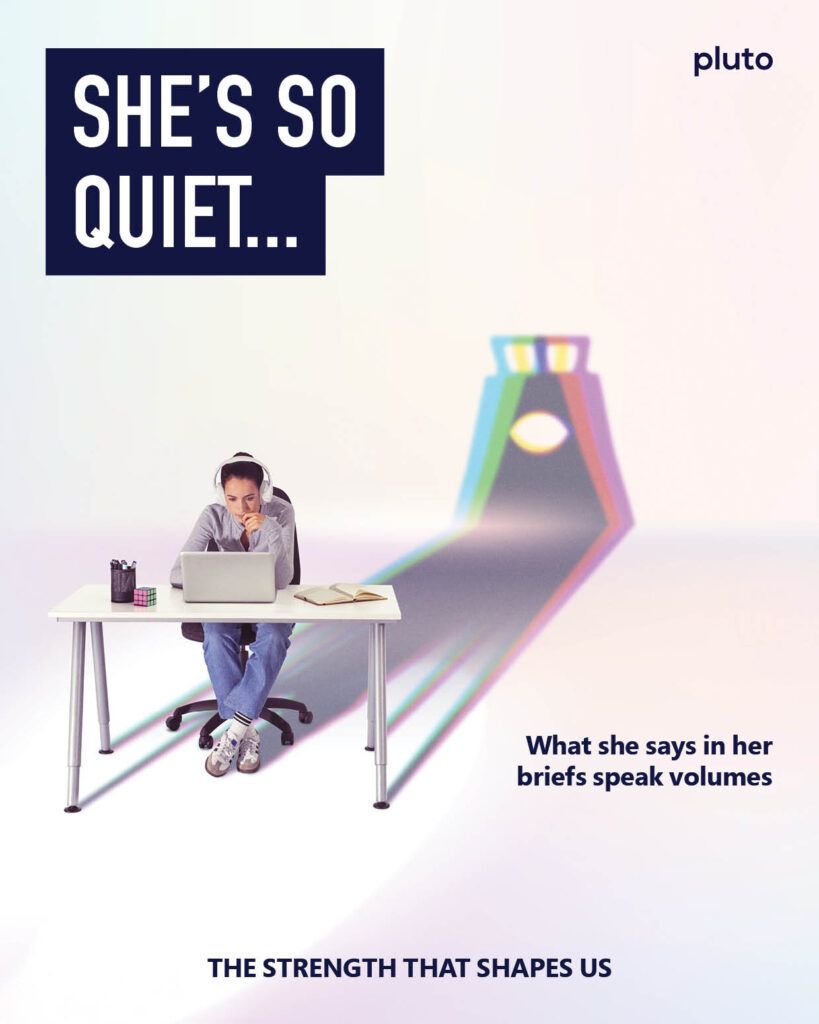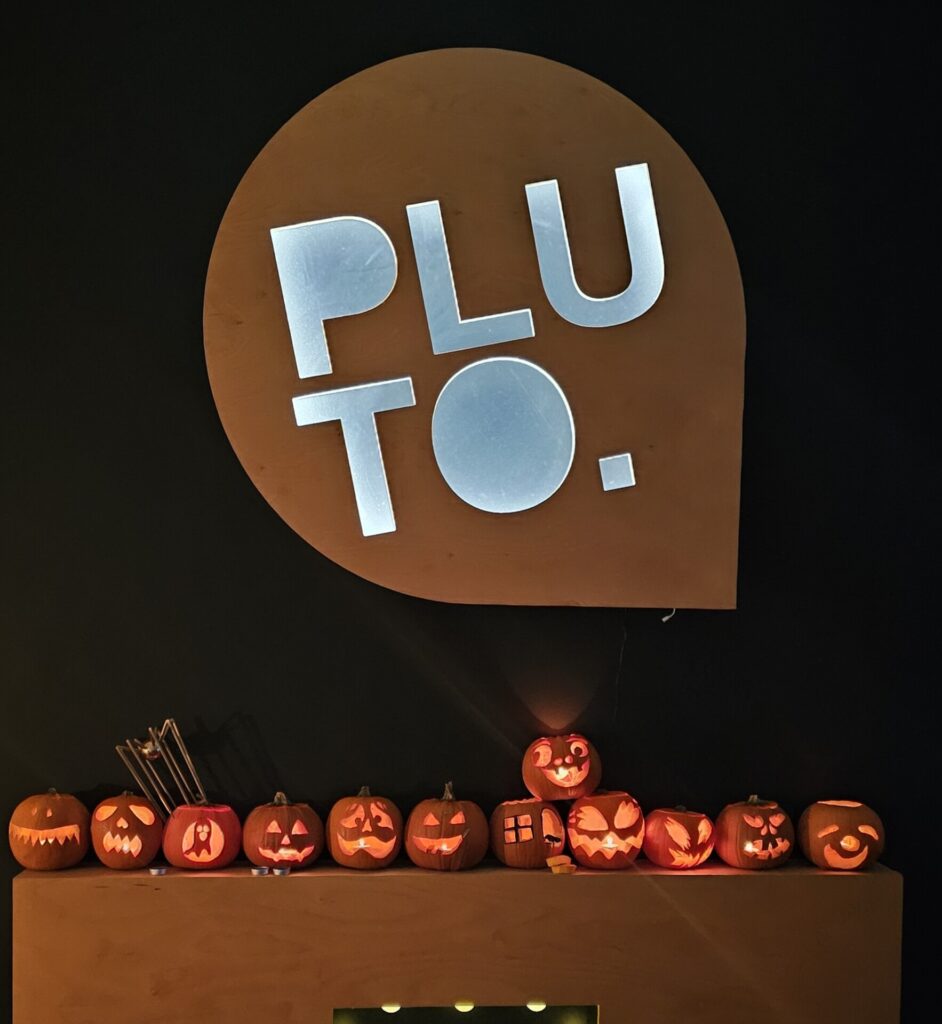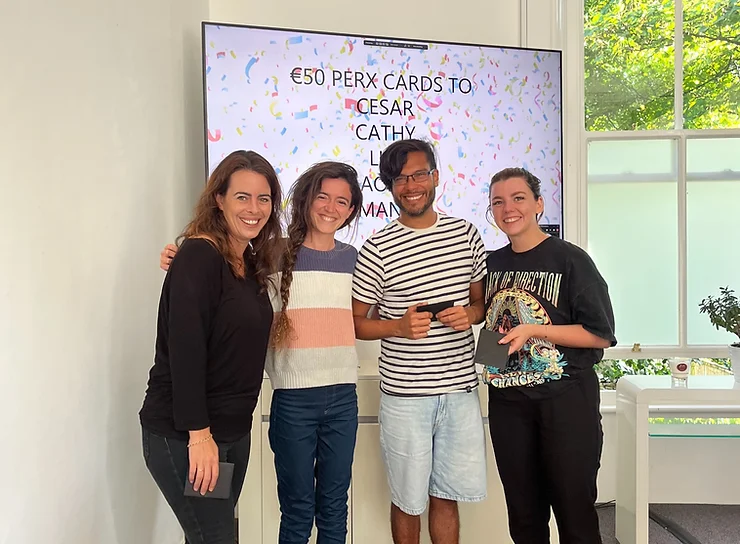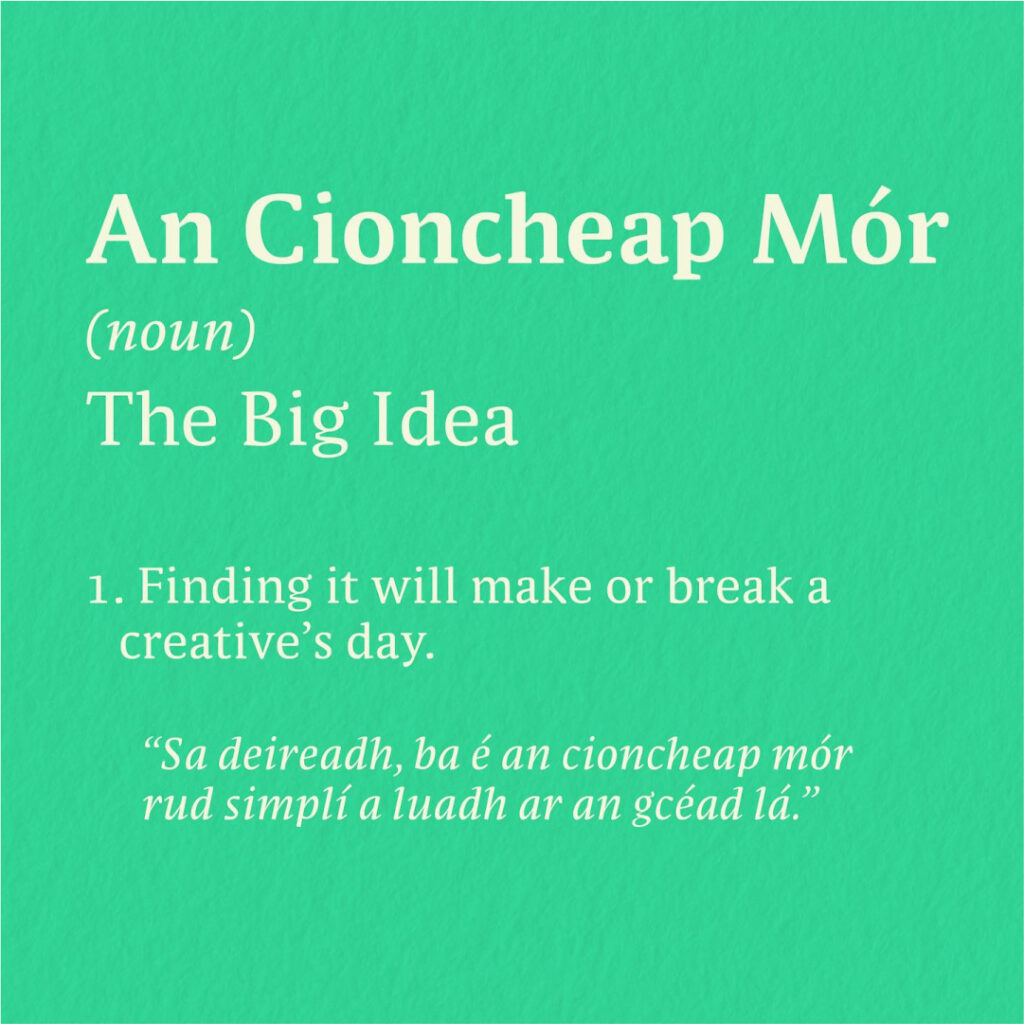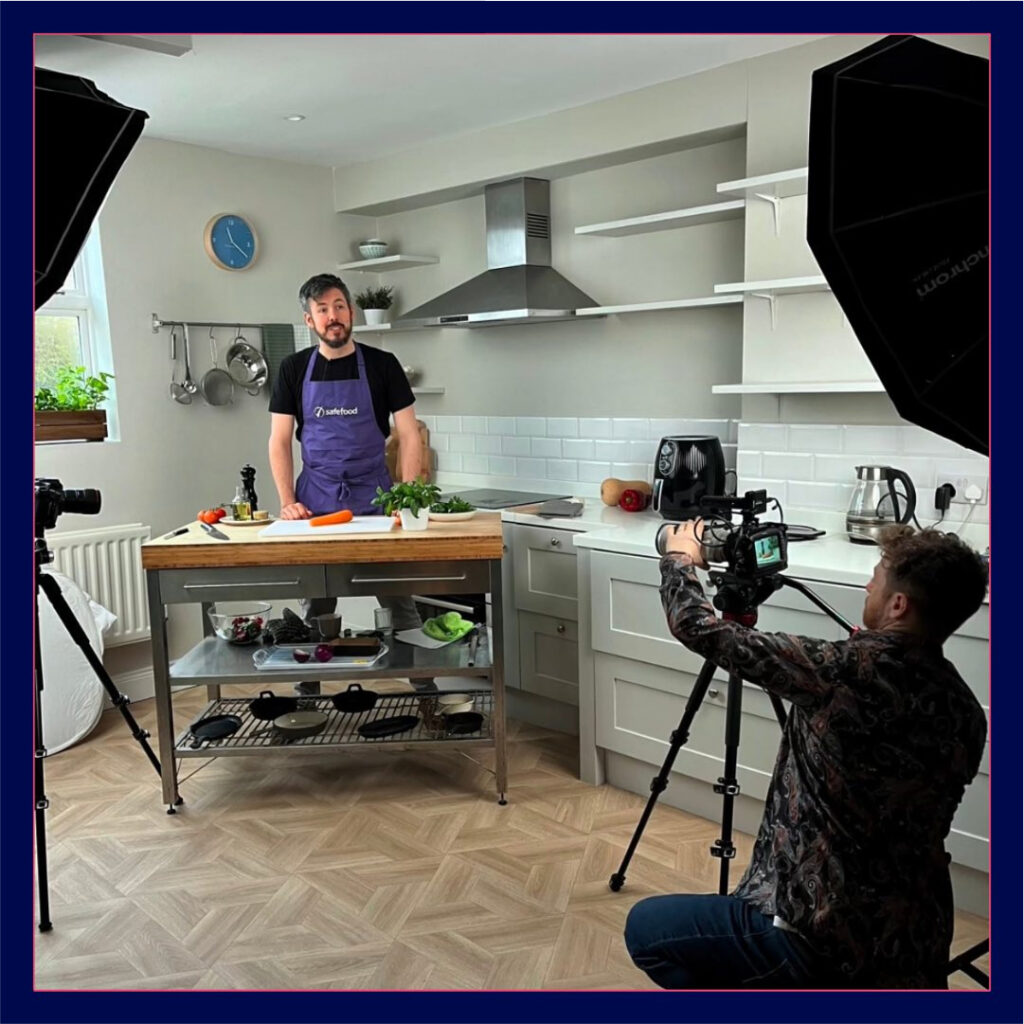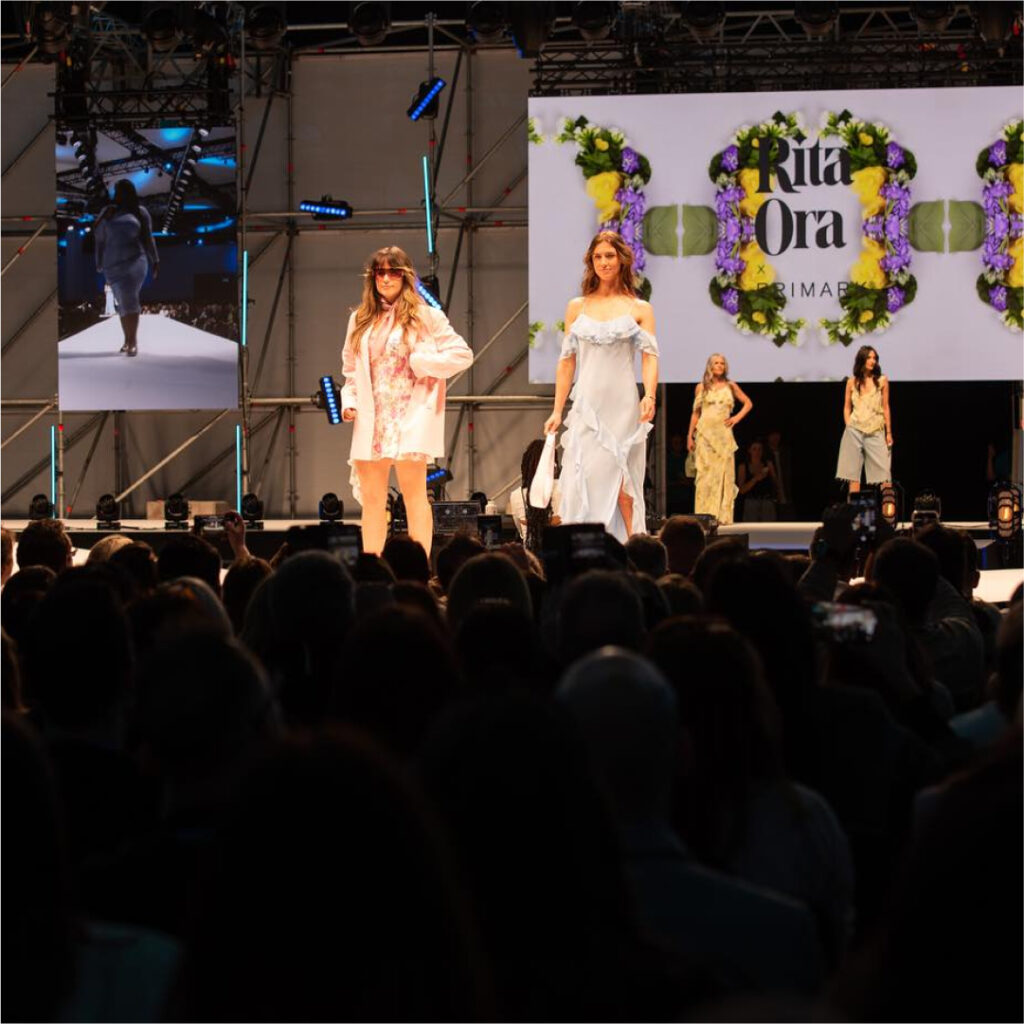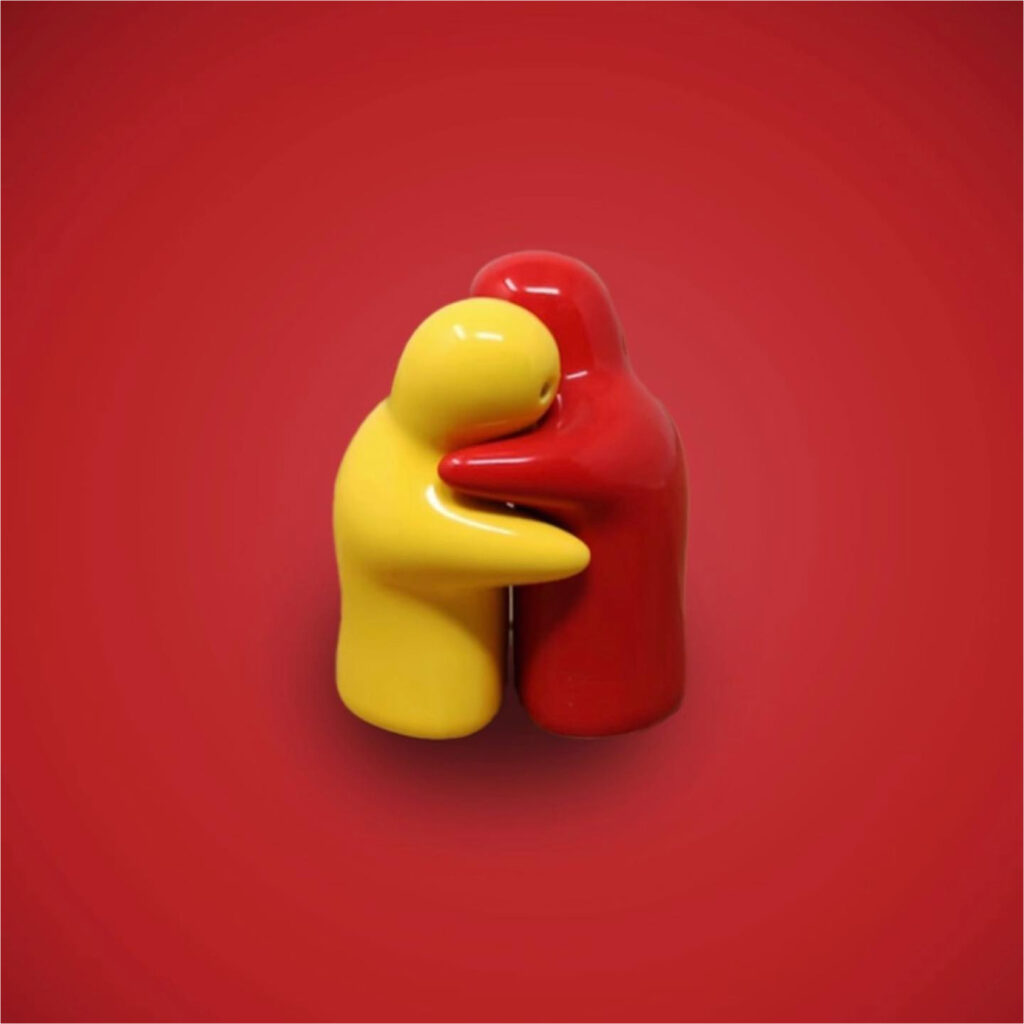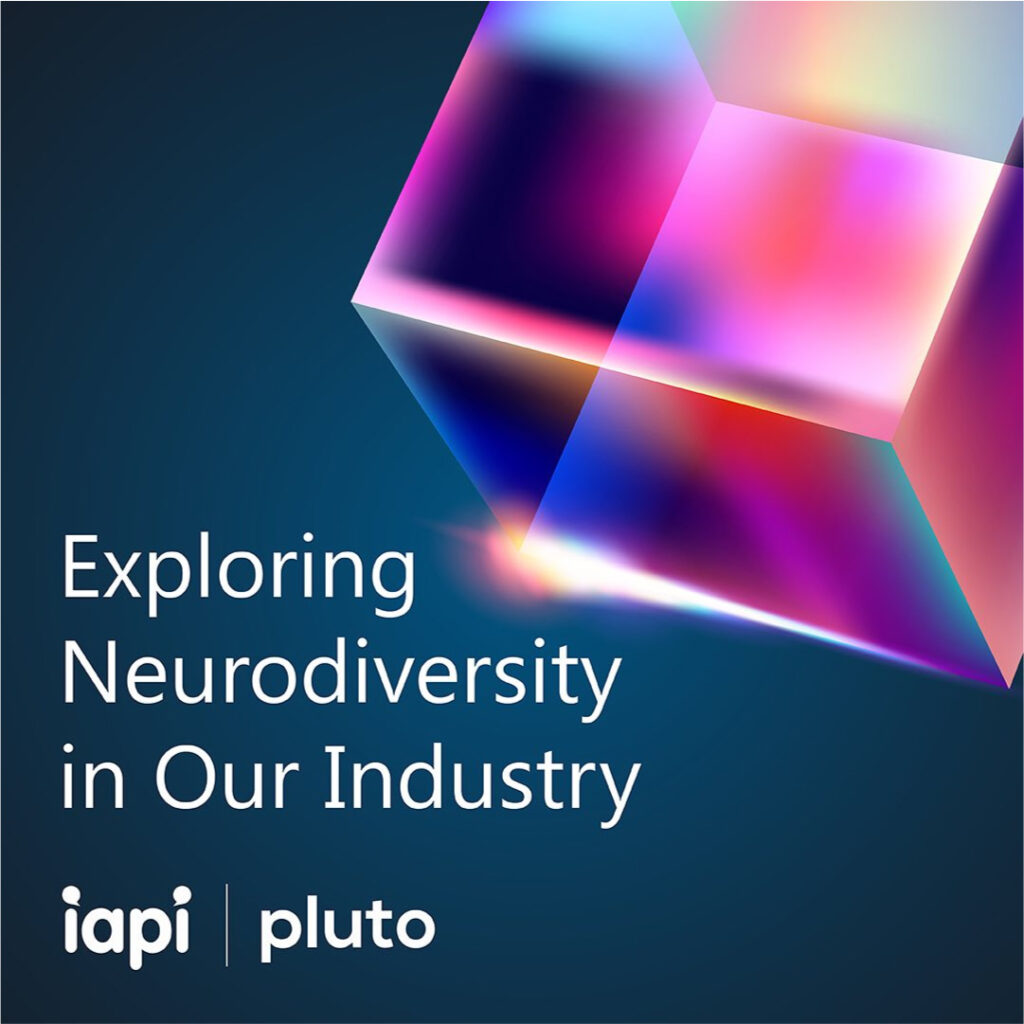Authentic
of undisputed origin and not a copy; genuine.
(in existentialist philosophy) relating to or denoting an emotionally appropriate, significant, purposive, and responsible mode of human life.
By that very definition authenticity in practice is impossible. We in our daily and professional lives are amalgamations of learnings and experiences both shared and imparted. The very first ways we as individuals build a sense of self is through imitation of that which we observe. A child learns to behave by observing the behaviours of those around them.
What is it to be authentic in today’s society? We often hear in media everyone should strive to be their authentic self. When is authenticity really genuine? Yes, we can strip back on edited photos but just because it hasn’t been edited does that make it authentic?
An unedited photo can still be staged, choreographed, and carefully curated all of which would lead one to believe it is the furthest from authentic. So as an industry whose primary goal is to get brands into the hearts, minds and most importantly the hands of consumers can we really take a genuine stance on striving for authenticity? Authenticity it seems does not equal an end to the unrealistic.
The language we use especially in this industry is incredibly important. The meaning prescribed to a word is derived from that word’s intent to be an expression of ones thought. The argument in favour for authenticity in media is often that of self-image and nobody can deny the horrendous impact that unattainable standards of beauty have had on the mental health of those it targets. This however is not the argument that is being put forward.
A distinction must then be made between what is meant when we say authentic and what we actually mean as the current and most accepted understanding of authenticity does not fit within the framework, we as an industry are trying to implement. Instead of questioning if a piece of content is authentic or genuine, I believe we must out of moral obligation examine its realism.
I believe this distinction to be necessary as if we are to continue down this path of supposed authenticity instead of striving for realism we fall into the pitfall of when does it stop?! If the influencer uses hair dye is the content genuine? If they wear makeup, is it genuine? This can continue on and to quite morally questionable ends, if a person has modified/changed themselves in any way is that genuine? You can quickly see how this becomes a conundrum as little to none of what we see online is in fact genuine. To ask if it is real which is defined as actually existing as a thing or occurring in fact; not imagined or supposed, however gives us much more space to manoeuvre around these obstacles. If an influencer uses hair dye, is it still real? Quite obviously yes as with makeup, the content would still be considered real. If edited after the fact however then what is being shown is indeed not real, but a thing of fiction and it are these fictions with which we should direct our distain.
As I have illustrated above one can quickly see how the language around such topics must be used carefully if we are to put forward a concerted effort into stripping back the negative aspects of self-image associated with creator led content. We must do this primarily so our goal does not become lost in the seas of misinterpretation or we unintentionally shoot ourselves in the foot when striving for something society as a whole would deem worthy. It is a great thing when an industry such as ours begins to self-reflect and put in place frameworks to uphold ideals that benefit all. I hope we see more to come in the near future.

